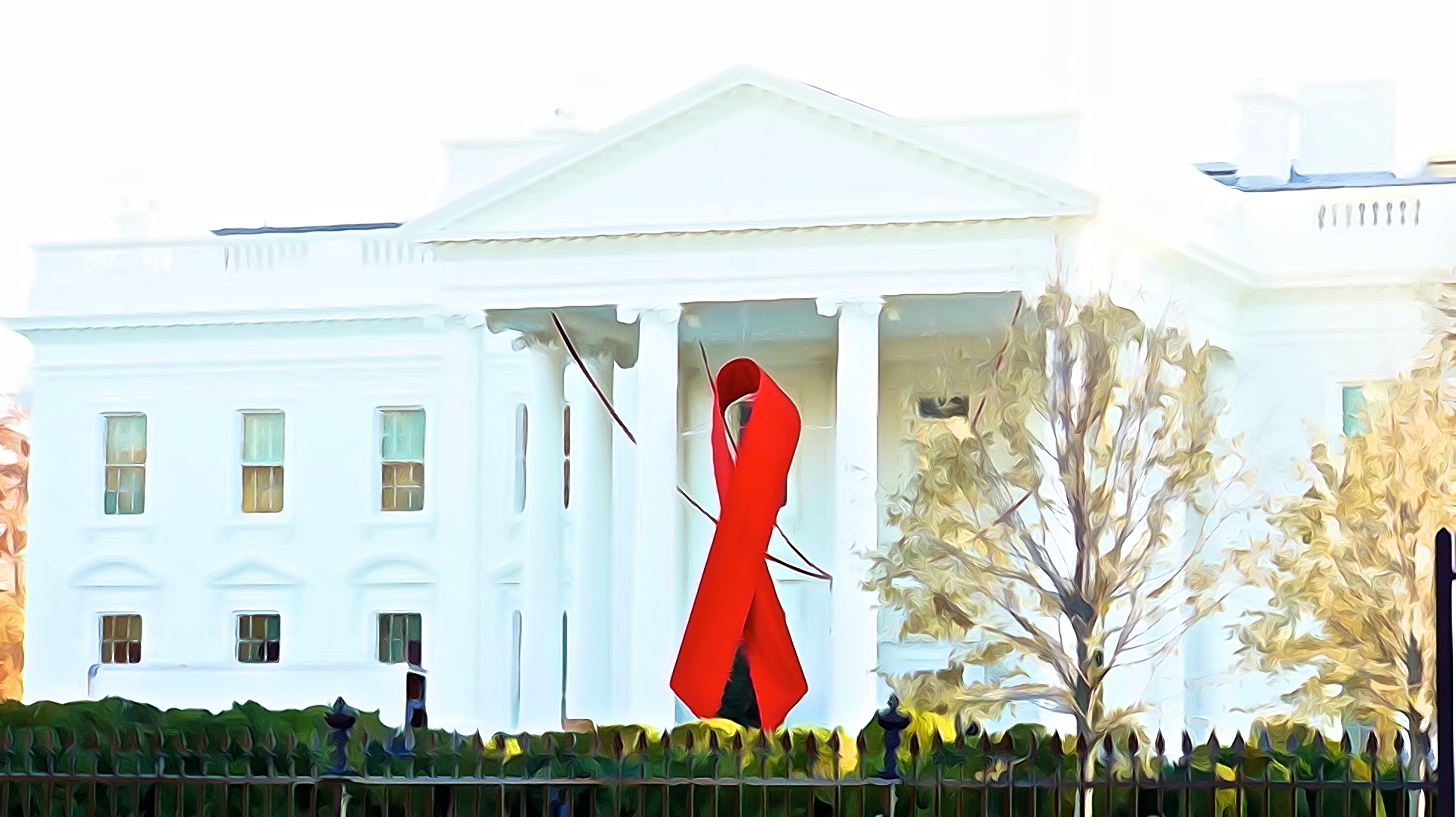By Mark Satta*
“It was a holocaust…All of my peers died of AIDS, and I have no one to celebrate my past or my journey, or to help me pass down stories to the next generation. We lost an entire generation of storytellers with HIV.” Those are the words of David Mixner, a civil rights activist and author, who lived through the horror of the AIDS crisis in the 1980s and early 1990s in the United States—a time in which a diagnosis of HIV was, for most, a death sentence, and in which the treatment options for HIV/AIDS were extremely limited.
In the intervening years, medical advances have revolutionized the prospects for those diagnosed with HIV. It is no longer a death sentence. With the proper medical treatment, most people with HIV can live long and healthy lives. Furthermore, recent studies have shown that proper medical treatment can greatly reduce (and perhaps completely eliminate) one’s risk of transmitting HIV to others. We now have the medical tools needed to prevent new HIV infections and to help those currently infected with HIV lead healthy, flourishing lives.
But proper treatment for HIV is expensive and cost barriers have hampered progress in containing the virus and taking care of those living with HIV now.
The Affordable Care Act (ACA), passed under the Obama Administration, removed substantial cost barriers to treatment for many HIV positive people through measures such as the expansion of Medicaid and the banning of preexisting condition exclusions. A study from the Kaiser Foundation found that these measures resulted in a significant increase in the percentage of HIV positive people living in the United States who have the health insurance they need to afford treatment.
Provisions in the American Health Care Act (ACHA)—i.e. the GOP’s proposed ACA replacement—would shrink Medicaid funding and coverage and would allow insurance companies to deny health insurance to those with gaps of more than 63 days in their health insurance coverage. These changes run the risk of undoing much of the progress that has been made under the ACA to provide affordable health insurance and treatment for those with HIV. Even though this particular bill faced difficulties in the House of Representatives, most of the evidence suggests that any healthcare alternative proposed by the GOP is apt to contain similar provisions.
Recent new isn’t all bad for those fighting for HIV treatment and prevention. The Trump administration’s budget retains funding for valuable organizations used to fund HIV treatment like the Ryan White HIV/AIDS Program, which financially assists those with HIV who can’t afford treatment, and the President’s Emergency Plans for AIDS Relief (PEPFAR), which provides relief for those with HIV and AIDS globally.
But while these funds are not being cut, unless they are expanded, repealing the ACA will result in a larger group of people needing to share these limited resources. Thus, without compensating measures, repealing the ACA would constitute a step backwards in our ability to provide medical care for HIV positive people and in addressing the impact of HIV.
We should acknowledge the significant benefits that continued funding of programs like Ryan White will allow for, but we should also recognize both the imprudence and callousness of taking a step backwards in the treatment of HIV/AIDS, when instead we should be continuing to take steps forward.
We have the medical resources to keep HIV positive people healthy and to stop the spread of the disease, yet in 2014 there were over 6,700 deaths attributed directly to HIV and in 2015 there were still almost 40,000 newly diagnosed cases of HIV in the United States. And the burden continues to fall disproportionately on minorities like African Americans, Latinos, and gay and bisexual men.
The limits of our action contribute to the death and suffering of thousands of Americans living with HIV every year, to the prolongation of an unnecessary risk to thousands more, and to an increased burden on society generally as we expend resources on emergency and end of life care that could have been spent instead on preventative measures and earlier treatment.
In the 1980s, we lacked the knowledge and medical treatment needed to prevent the death of a generation of Mixner’s storytellers. But with groundbreaking advances in the medical field, the responsibility for the storytellers we lose in this generation lies with us. That potential loss is just one of many examples of the very real consequences that repealing the ACA will have on chronically ill Americans. And it is up to all of us to fight together to protect the interests of those in need of care.
*Mark is a 1L at HLS and an Online Editor for HLPR.
Photo Credit: Ted Eytan





